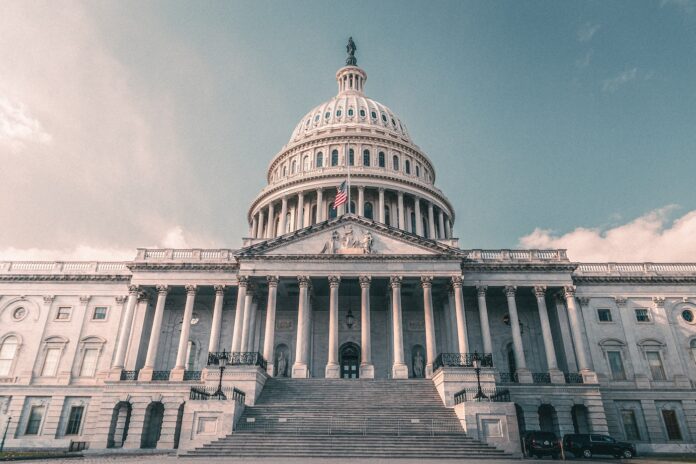WASHINGTON – A group that seeks to “protect the public from marijuana commercialization” has asked the Department of Justice and the Drug Enforcement Administration (DEA) to add thirty more days to the public comment period currently underway as a prelude to potential rescheduling.
In a comment submitted on its behalf by a law firm founded by former U.S. Attorney General Bill Barr, Smart Approaches to Marijuana (SAM) argues the sixty-two days originally allotted is not enough time for SAM and other opposition groups to gather “accurate and up-to-date” information refuting the evidence presented by the Department of Health and Human Services (HHS). The organization also disparages what it calls a “novel test … recently invented by HHS” to determine whether a substance meets the guidelines for currently accepted medical use.
SAM’s comment is among more than 23,000 that have been submitted since the public-comment period began May 21. The window closes July 22.
According to its submission, SAM is particularly concerned HHS “appears to have ignored” recent studies about cannabis’s effect on the cognitive development of adolescent users. “SAM has an interest in providing DEA accurate and up-to-date information … but that will take time to compile,” the comment states.
The group also appears to feel the administration has its thumb on the scale in an attempt to make good on a 2020 campaign promise of drug policy reform prior to November’s presidential election. SAM’s comment points out “DEA granted an extension of time to allow a 120-day comment period on the advanced notice of proposed rulemaking concerning alternatives to destroying narcotics by incineration. If that rule warranted 120 days for comments, one of the most significant rulemakings in the history of the [Controlled Substances Act] certainly warrants a thirty-day extension to allow ninety days for comments.”
Believing the industry and regulators have consistently placed corporate profits and addiction ahead of public health, SAM has pledged to file legal challenges if cannabis is moved any lower than Schedule II under the CSA. HHS recommended Schedule III, which would present the industry with financial and other potential benefits. Cannabis currently resides on Schedule I — a more restrictive classification than the one applied to fentanyl.
In a second comment, SAM requests a formal hearing before a DEA panel so the organization may present expert testimony that “the assessment that marijuana’s actual or relative potential for abuse in the proposed rule is flawed” and in order to “provide a more balanced analysis of the public health risks posed by marijuana.” According to the organization, HHS omitted pertinent data from its analysis and “elide[d] the significant danger of marijuana-impaired driving.” The group also wants to present testimony to counter HHS’s definition of “medically accepted use.”












[…] group with the stated goal of “protect[ing] the public from marijuana commercialization,” also accused the Department of Health and Human Services of ignoring relevant studies and “inventing tests” to portray cannabis as harmless as part of a […]
[…] ongoing discussions about the Department of Justice and Drug Enforcement Administration potentially rescheduling marijuana, its legal status under federal law has not changed. Consequently, taxpayers attempting to claim […]